Description: The use of rosemary essential oil in herbal medicine was first documented in the 1st century by Hildegard of Bingen, who is considered to be the first naturopath of that age. Originally known as the rose of Mary, the legend tells of the virgin Mary spreading her cloak over the bush, after which its flowers would turn from white to blue. Used by the ancient Egyptians, Hebrews, Greeks and Romans for a variety of purposes, it was planted outside the doors of their homes to ward off evil, and in the middle ages it was said to protect against the plague. Paracelsus, a Swiss-German physician in the 16th century, hailed rosemary essential oil as a cure-all, due to its observed ability to strengthen the whole body and heal the liver, heart and brain.
Botanical Name: Salvia rosmarinus
Plant Part: Leaves
Extraction Method: CO2 Extracted
Odor and Appearance : Rosemary oil is pale-yellow with a thin consistency, and its aromas are warm, sweet, woody, herbal, camphorous, and slightly medicinal with a medium-strong middle fragrance note.
Country of Origin : India
Main Constituents: Camphor, α-Pinene, β-Pinene, Camphene, Limonene, 1,8-Cineole (Eucalyptol), Borneol, Bornyl Acetate, Caryophyllene Oxide, β-Caryophyllene, α-Terpineol, Myrcene.
Common Uses: Rosemary CO2 (carbon dioxide) extract is another form of rosemary essential oil extraction that offers unique properties and benefits. CO2 extraction is a method that uses carbon dioxide under specific conditions to extract essential oils from plant material. This method is known for preserving a wider range of volatile compounds compared to other extraction methods, resulting in a more complete and complex aroma profile.
Here are some key characteristics and potential benefits of Rosemary CO2 essential oil:
Aroma: Rosemary CO2 extract retains the characteristic aroma of rosemary, which is fresh, herbaceous, and invigorating. It often has a more true-to-plant scent compared to other extraction methods.
Chemical Composition: Like other forms of rosemary essential oil, Rosemary CO2 contains various chemical constituents such as camphor, 1,8-cineole, α-pinene, and more. The specific composition can vary depending on the plant source and extraction conditions.
Therapeutic Benefits: Rosemary CO2 extract is often used for its potential therapeutic benefits, including supporting mental clarity, focus, and alertness. It can also be used for promoting respiratory health and easing muscular discomfort.
Antioxidant Properties: Rosemary contains natural antioxidants, and the CO2 extract may retain a higher concentration of these compounds. Antioxidants can help protect cells from oxidative stress and free radicals.
Skin Care: Rosemary CO2 extract is sometimes used in natural skincare products for its potential skin-soothing and toning effects. It may also help improve the appearance of dull or congested skin.
Hair Care: Due to its potential to promote circulation and support a healthy scalp, Rosemary CO2 extract is used in hair care products to encourage hair growth and maintain a healthy scalp environment.
Dilution: As with any concentrated essential oil, it’s important to dilute Rosemary CO2 extract before applying it to the skin or using it in aromatherapy. Follow recommended dilution guidelines and perform patch tests to ensure skin compatibility.
Note: Base
Blend Well With: Eucalyptus, Peppermint, Lemon, Lavender, Bergamot, Tea Tree, Cypress, Frankincense, Juniper Berry, Ginger.
Contraindications: It is considered safe to use. Just like many other essential oils, it is wise to use this oil after dilution with a carrier oil, as it can be sensitive and irritating to the skin. Before you use on your skin, it is advisable that you conduct a patch test before making it a routine.
Do not use internally, unless directed by a physician. For pregnant women and nursing mothers, it is safe to consult first with your physician before using oil. Do not use on broken skin or on abrasions.
*These statements have not been evaluated by the Food and Drug Administration. This product is not intended to diagnose, treat, cure, or prevent any disease.*
For large quantities please contact us via our phone number or through the Contact Us page.
Like us on Facebook.
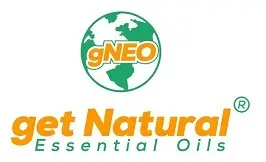
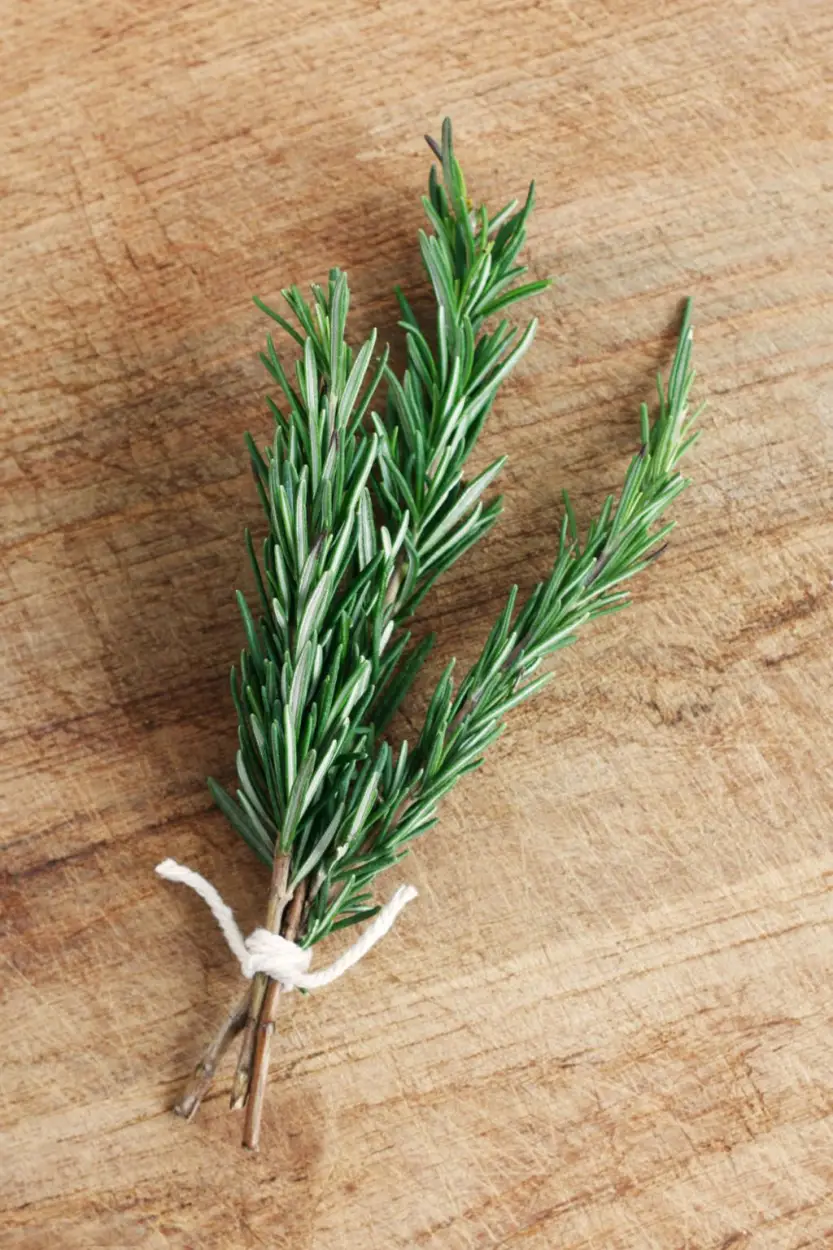
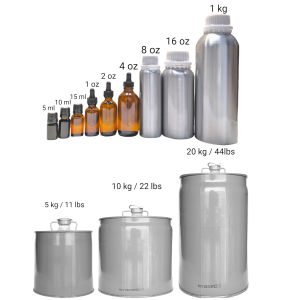



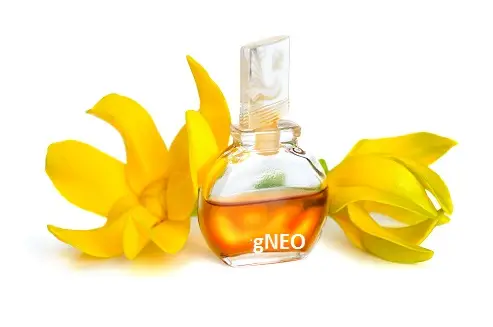

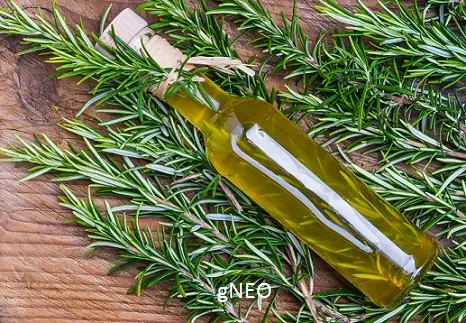

good price